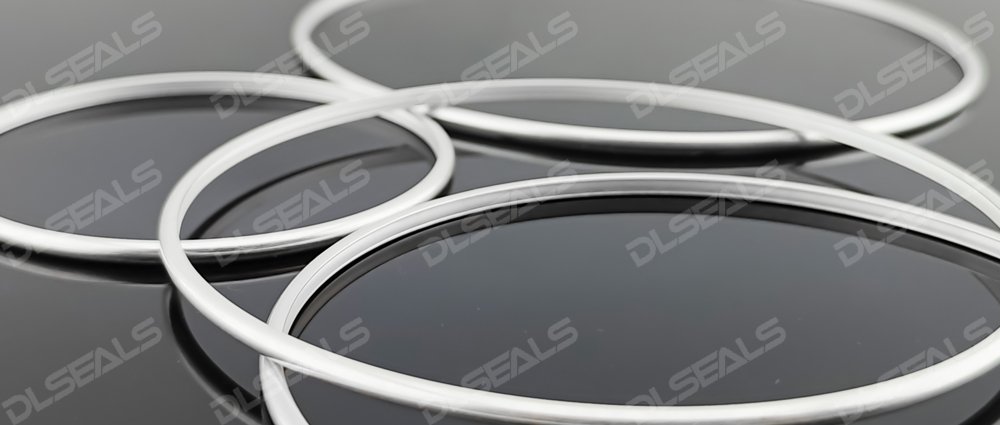Seals play a crucial role in ensuring the integrity and functionality of various industrial and mechanical systems. When it comes to choosing between rubber and metal seals, understanding their differences and applications is essential for making the right decision.
Rubber Seals: Flexibility and Versatility
Rubber seals, such as O-rings, are known for their flexibility and ability to conform to irregular surfaces. They are widely used in applications where sealing against fluids or gases is critical. Rubber seals are preferred for their:
Sealing Performance: They provide excellent sealing performance due to their ability to deform and maintain contact under varying pressures.
Cost-Effectiveness: Rubber seals are generally more cost-effective compared to metal seals, making them ideal for applications where budget is a concern.
Resistance to Fluids: They offer good resistance to a wide range of fluids and chemicals, making them suitable for diverse environments.
Metal Seals: Strength and Durability
Metal seals, such as metal O-rings or gaskets, are valued for their strength and durability in demanding conditions. They are often chosen for applications where:
High Temperatures: Metal seals can withstand extreme temperatures and pressures better than rubber seals, maintaining their sealing integrity.
Mechanical Strength: They provide robust mechanical strength, which is beneficial in high-pressure and high-vibration environments.
Longevity: Metal seals typically have a longer lifespan compared to rubber seals, reducing maintenance and replacement costs over time.
Choosing the Right Seal for Your Application
When deciding between rubber and metal seals, consider the following factors:
Environmental Conditions: Evaluate the temperature range, pressure levels, and chemical exposure your application will encounter.
Performance Requirements: Determine the sealing performance needed, including factors like leak prevention and reliability under operational stresses.
Cost Considerations: Balance initial costs with long-term maintenance and replacement expenses.
Conclusion
Both rubber and metal seals offer distinct advantages depending on the application requirements. Rubber seals excel in flexibility, cost-effectiveness, and general sealing applications, while metal seals provide superior strength, durability, and performance under extreme conditions. By understanding these differences and evaluating your specific needs, you can make an informed decision to optimize the performance and reliability of your sealing system.
For expert advice on selecting the right seals for your application, consult with [Your Company Name], where we specialize in providing tailored sealing solutions to meet diverse industrial needs.
Post time: Jun-25-2024

